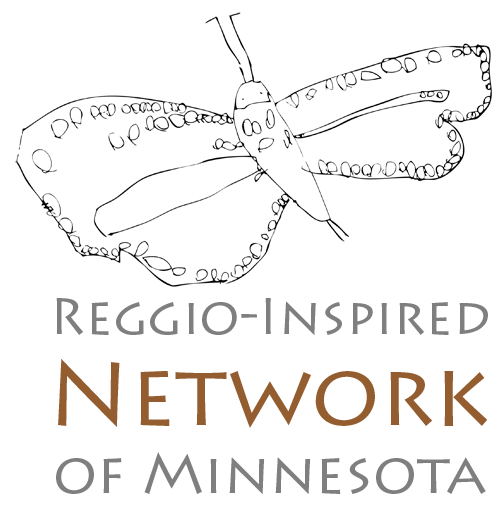“The key is curiosity, and it is curiosity, not answers, that we model. As we seek to know more about a child, we demonstrate the acts of observing, listening, questioning and wondering. When we are curious about a child’s words and our responses to those words, the child feels respected. The child is respected. ‘What are the ideas that I have that are so interesting… I must be somebody with good ideas.'” -Vivian Paley | Parents as Researchers We have learned from Reggio Emilia that the notion of research is a more approachable process than typically comes to mind when the word is used. Research is both a noun and a verb that often involves a compelling question or point of curiosity followed by studying closely, gathering data, digging deeply, hypothesizing, testing and observing followed by reflection, dialogue and developing new understandings. Research, even when begun by a single individual, is rarely a solo endeavor, but is best a process that involves multiple points of view in dialogue with each other. Parents, whatever their backgrounds, actively seek to understand their new roles and responsibilities, just as children, by their nature, work to understand the world. Each parent and child co-construct the childhood and parenthood that they share in interaction with their community’s values and context. Through their child’s wonder, the parent has the opportunity to know the world again. This particular and privileged knowledge of the family is a resource when shared as families expand their circle of care. Reciprocally, as educators and caregivers share documentation with the family, parents have a new window into their child’s relationships and interests. Read our Frequently Asked Questions to see answers to "Is there such a thing as a Reggio school and how do I find on in Minnesota?" and "What would a day in a Reggio-inspired school look like?" ResourcesLinksLearn more about the Educational Project of Reggio-Emilia Documentation and ArticlesSeeing Children as Scientists |

